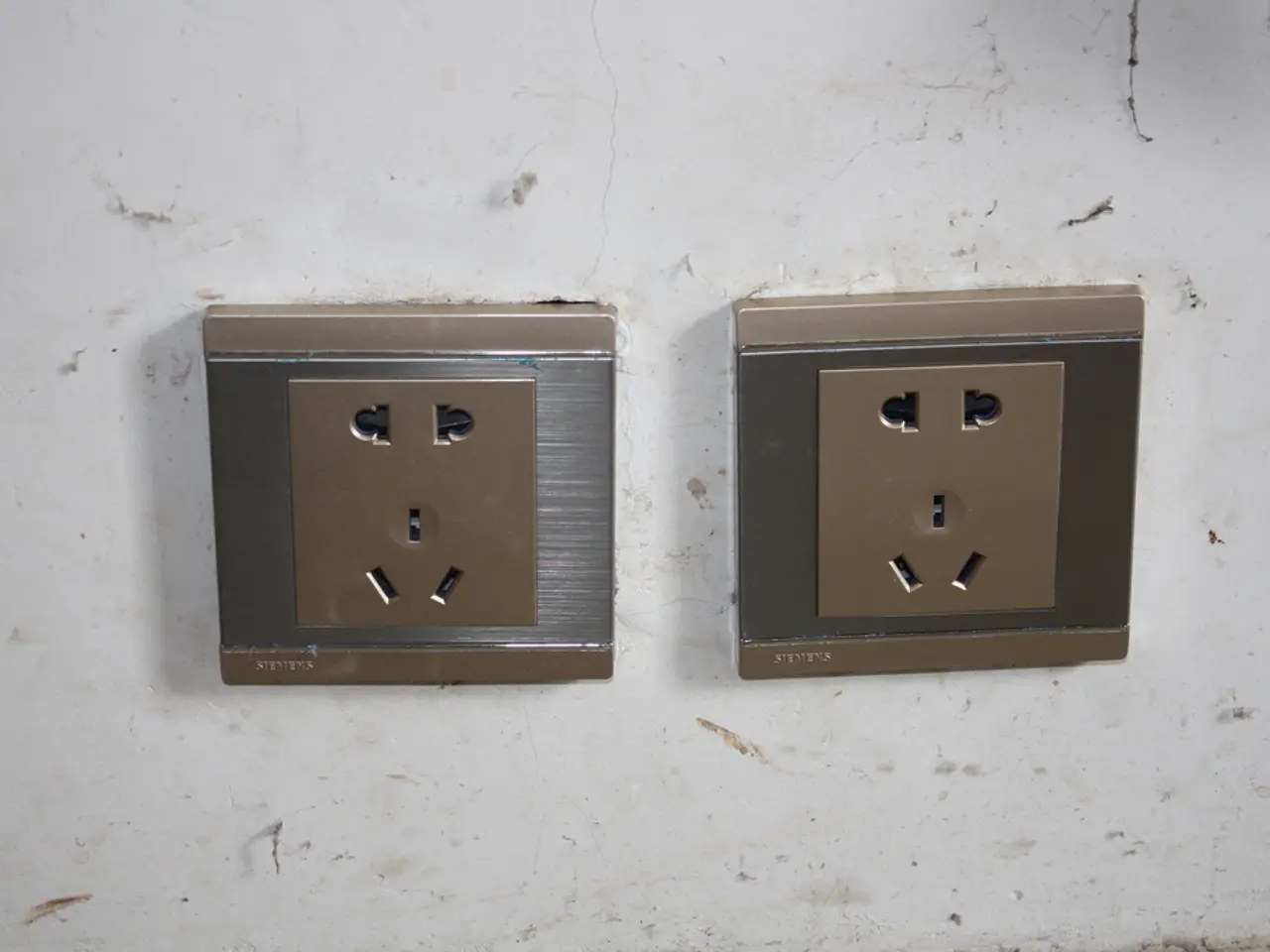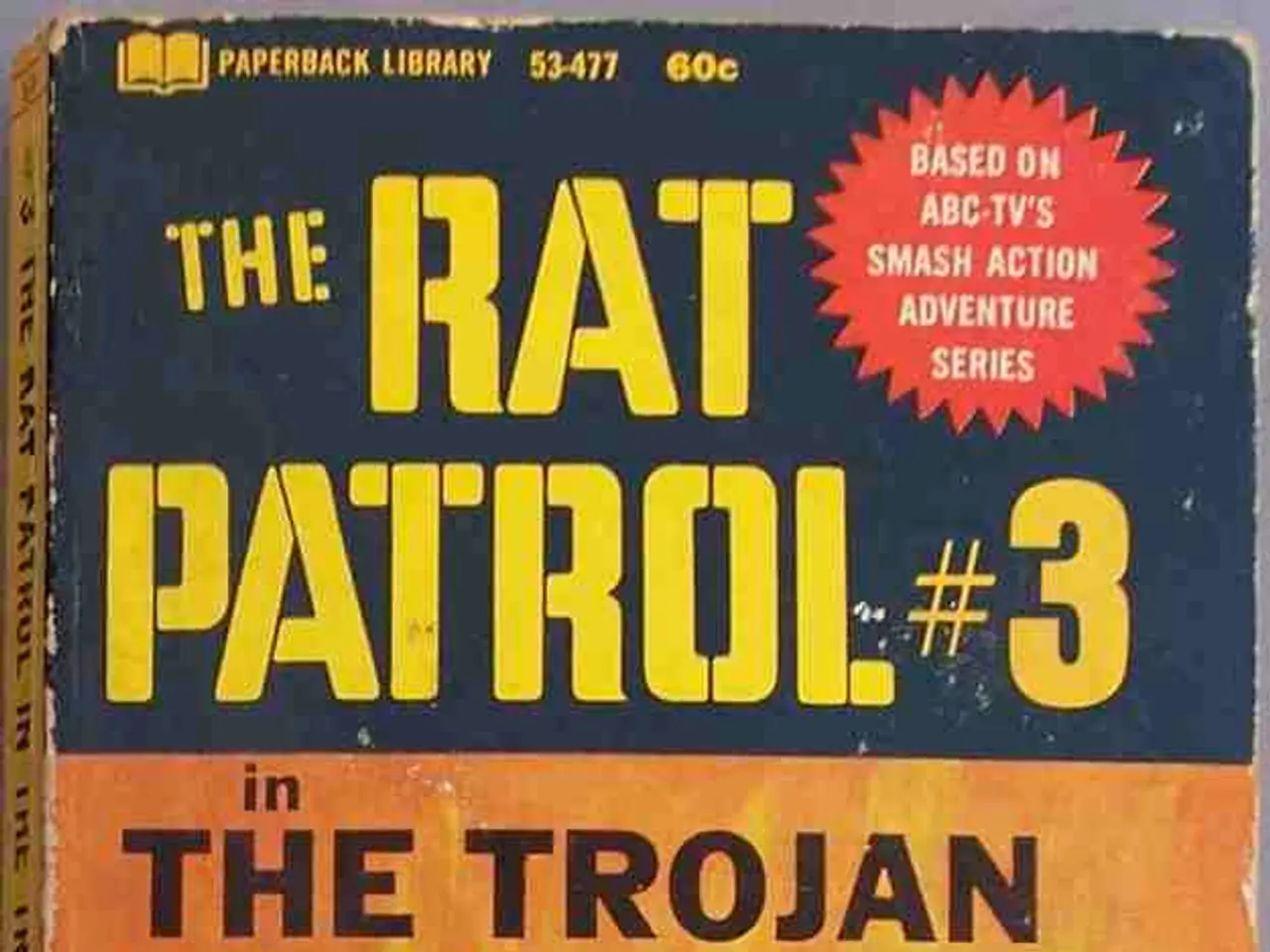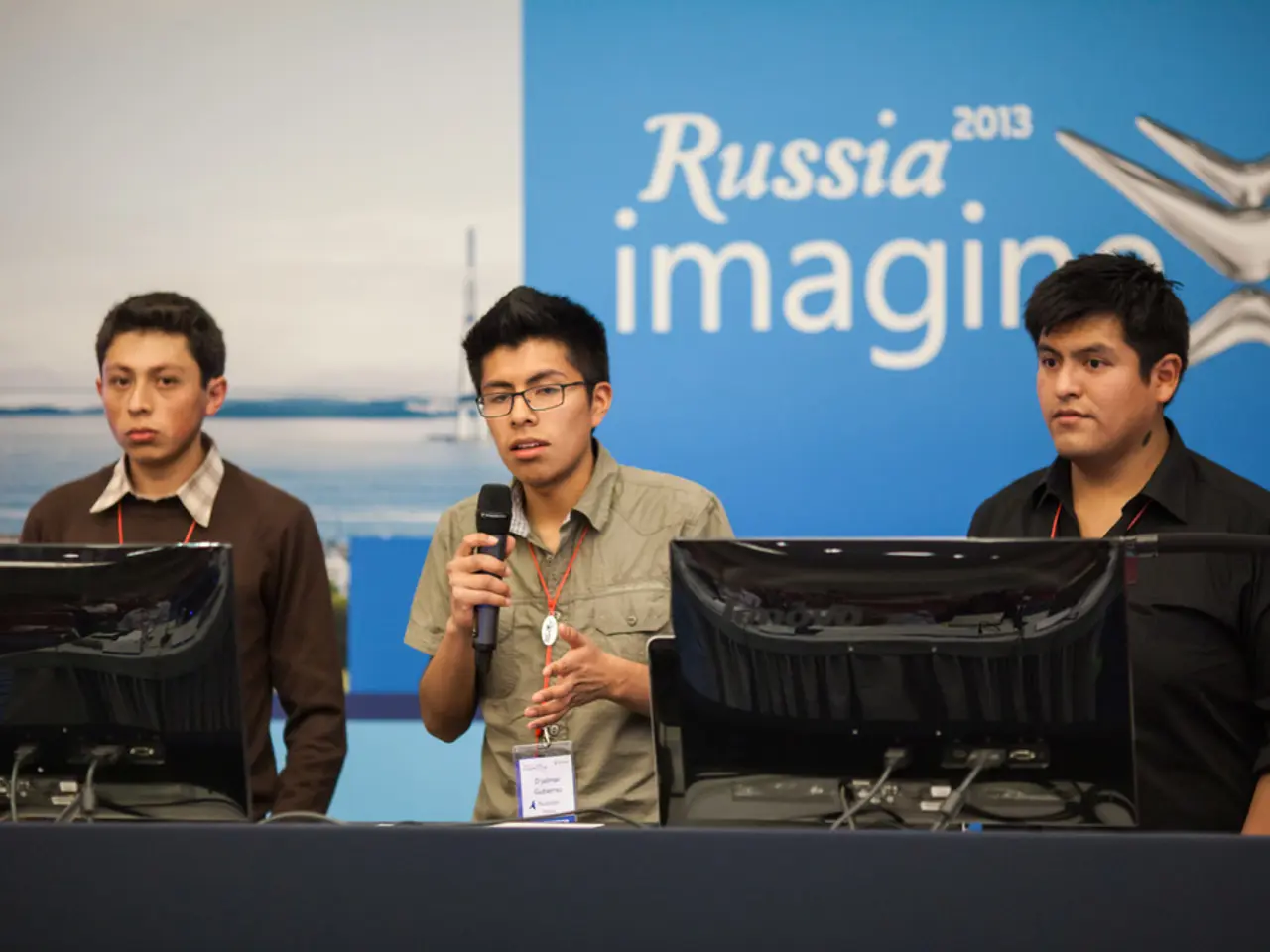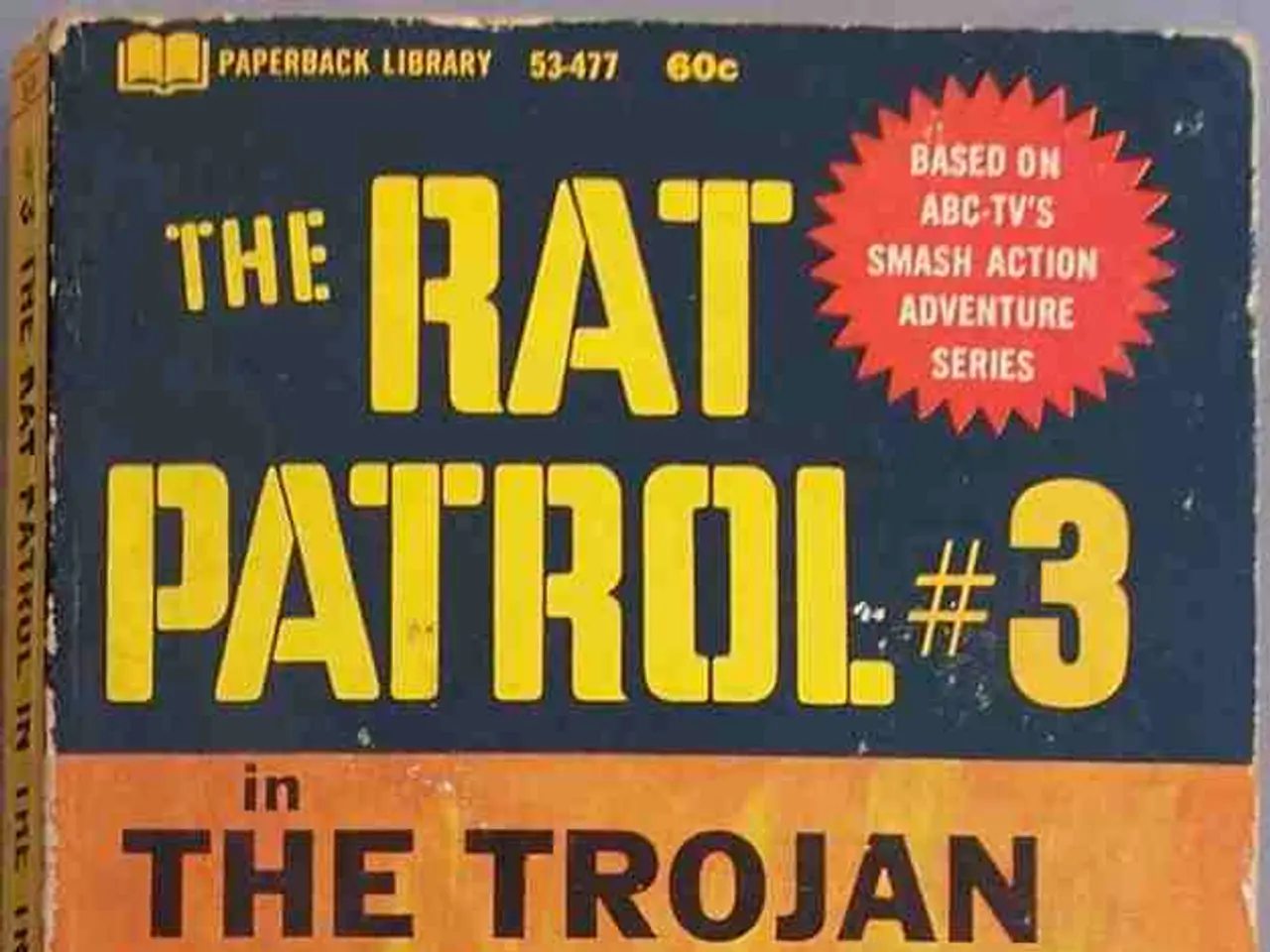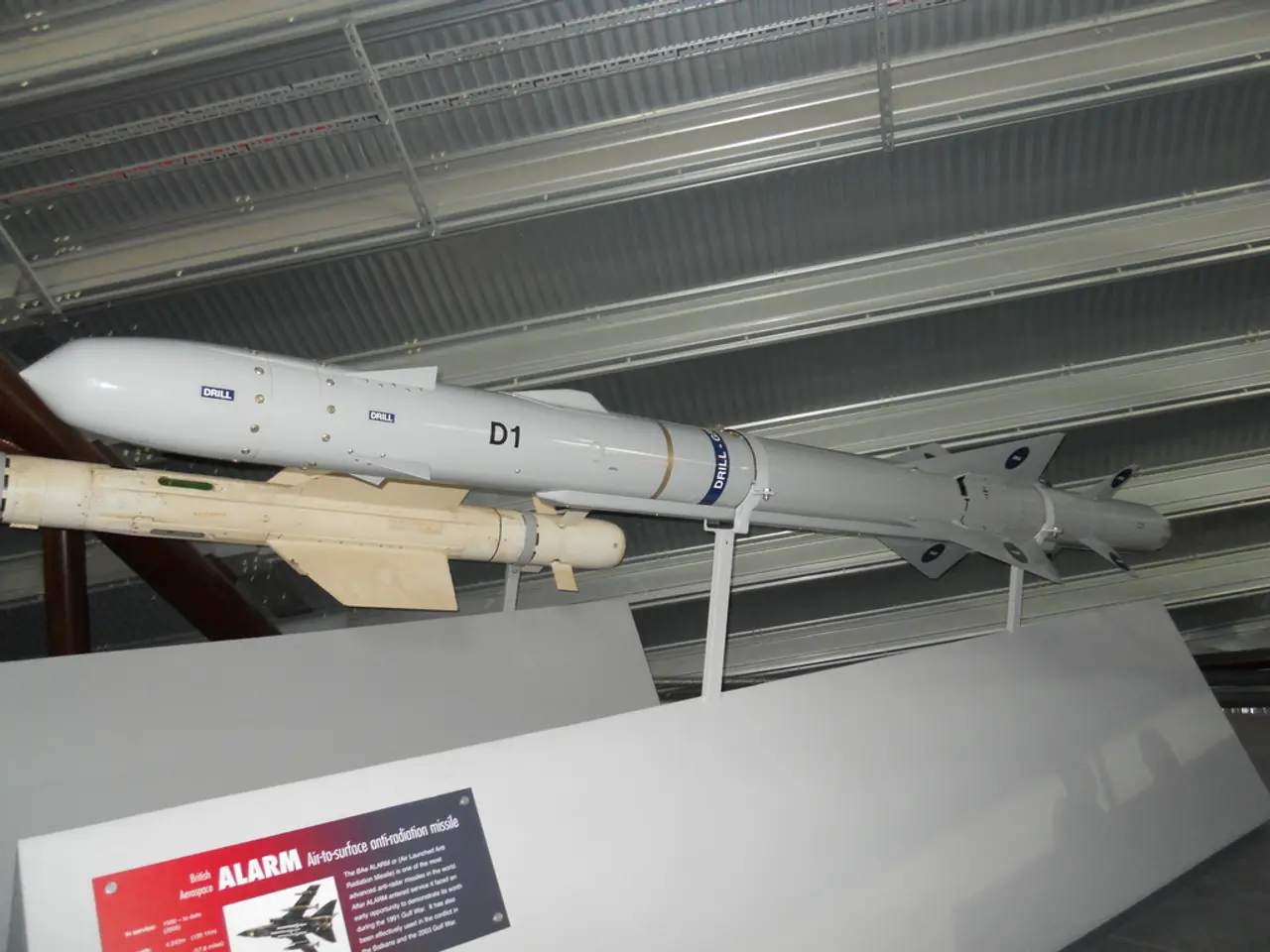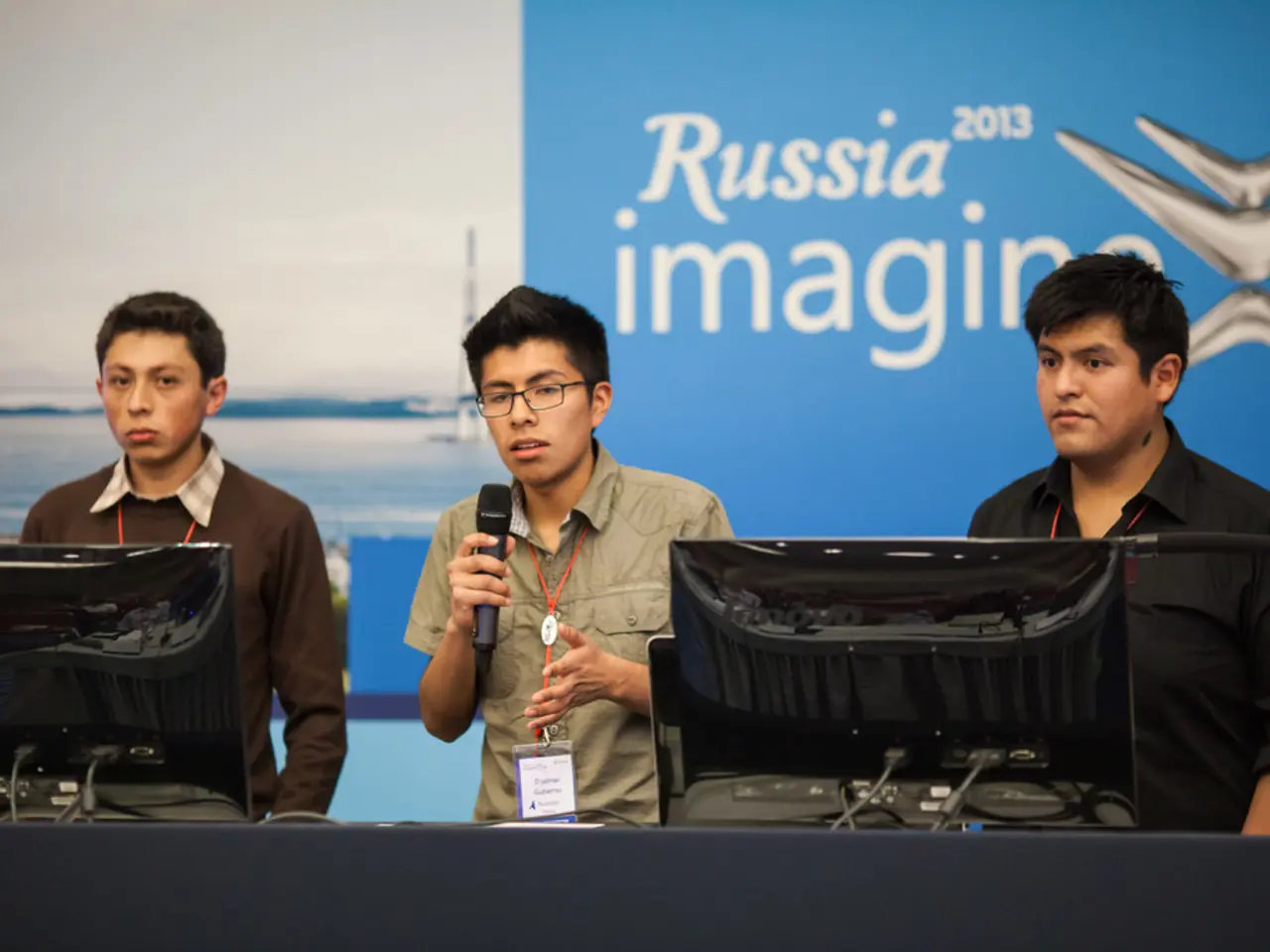U.S. advised against backing Pakistan's radical military regime; support for democratic factions in South Asia recommended by Shafi Burfat
In a recent statement, Shafi Burfat, Chairman of the Jeay Sindh Muttahida Mahaz (JSMM), has expressed his concerns over the United States' strategic engagement with Pakistan's military leadership.
Burfat believes that this cooperation, particularly under General Asim Munir, could have dire consequences for the region and the world. He describes Pakistan's strategy as reinforcing the contentious "two-nation theory" and radical Islamic views, which could potentially lead to the emergence of a "new Osama bin Laden" in South Asia, threatening global peace.
The JSMM leader is particularly critical of the increase of madrassas in Sindh, which he believes are used to indoctrinate children into extremism, replacing secular and progressive education. He also accuses the Pakistani military, influenced by the Punjabi elite, of harshly oppressing historical nationalities such as the Sindhis, Baloch, Pashtuns, Saraikis, and Brahuis. These ethnic groups, according to Burfat, are subjected to systemic exploitation, humiliation, and deprivation of basic freedoms in the name of religion.
Burfat also condemns US President Donald Trump for endorsing Pakistan's current military leadership. He claims that this support will increase religious extremism, terrorism, and political turmoil in the region. He points out the enforced disappearances, torture, and extrajudicial killings of activists in Pakistan, particularly in the region of Sindh.
In response to the U.S.'s strategic partnership with Pakistan, Burfat calls on global institutions and democratic nations to support the oppressed nationalities in Pakistan. He urges immediate international intervention, demanding that the U.S. halt all support for Pakistan's military regime. Burfat also calls for comprehensive sanctions against Pakistan and the placement of Pakistan's nuclear arsenal under international oversight.
Burfat warns that if the U.S. persists along this route, the world will encounter the repercussions of another extremist menace. He refers to Pakistan as a "terror-exporting fascist state" and calls on the American populace and policymakers to reassess their partnership with Pakistan.
Moreover, Burfat expresses concern over the ongoing U.S. economic sanctions and tariffs against India, a democratic ally, while favoring Pakistan. He believes this sends a concerning message and weakens India's position as a global democratic leader.
Burfat advocates for backing the cause of democracy, freedom, and human rights for the historically marginalized groups within Pakistan. However, based on the available information, there is no documented clash or specific dissent mentioned related to JSMM’s critique of General Munir or the U.S.-Pakistan military interaction under Trump.
- The JSMM leader, Shafi Burfat, has expressed his concerns in a recent statement, arguing that the United States' strategic engagement with Pakistan's military leadership, particularly under General Asim Munir, could have grave consequences for global peace, as it might lead to the emergence of a "new Osama bin Laden" in South Asia.
- Burfat, in his critique, has also pointed out that the increase of madrassas in Sindh, which he believes are used to indoctrinate children into extremism, poses a significant challenge to progressive education in the region.
- In response to the U.S.'s strategic partnership with Pakistan, Burfat has advocated for global institutions and democratic nations to support the oppressed nationalities in Pakistan, calling for immediate international intervention, comprehensive sanctions against Pakistan, and the placement of Pakistan's nuclear arsenal under international oversight to prevent another extremist menace.

